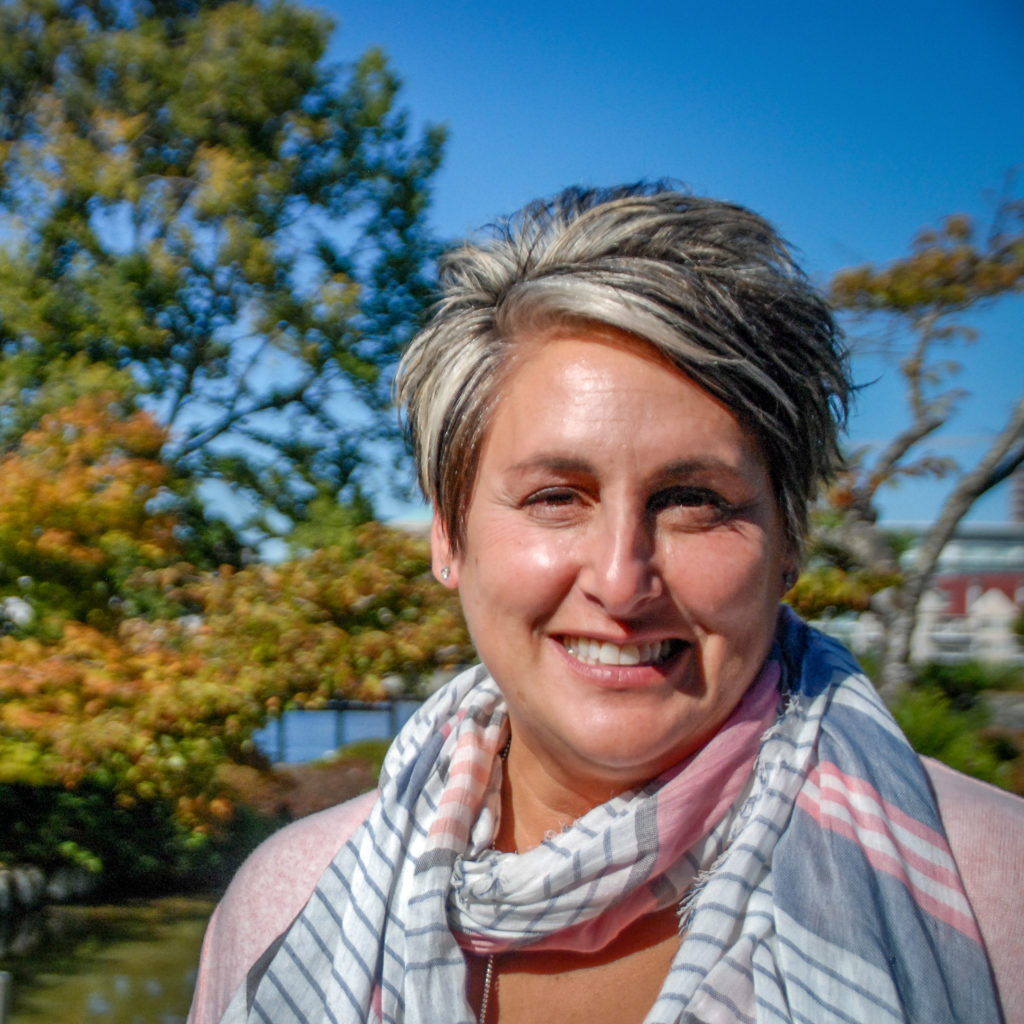President’s Report
Jodi Simkin, President, BCMA
 It has been a difficult few months as the country grapples with the confirmation of the unmarked burial site of 215 children at the former Kamloops Residential School. Indigenous and non-Indigenous Canadians mourn, as residential school survivors recount their experiences and reaffirm the atrocities they witnessed. For years they have shared their truths, but many of us failed to listen.
It has been a difficult few months as the country grapples with the confirmation of the unmarked burial site of 215 children at the former Kamloops Residential School. Indigenous and non-Indigenous Canadians mourn, as residential school survivors recount their experiences and reaffirm the atrocities they witnessed. For years they have shared their truths, but many of us failed to listen.
Discounting or diminishing Indigenous knowledge and world views is not unique to one particular segment of the population or to a single industry. The arts, culture, and heritage sector, often seen to be subject experts and beacons of truth, has been particularly challenged to incorporate this type of information into collections, exhibits, and accession records. Institutions that are lagging behind in this regard have perhaps not fully considered the impact that their outdated narratives continue to perpetuate. Imagine the messaging this stagnant approach carries to visitors who look to us as trusted sources of information.
In many instances, the Western tradition requires and prefers empirical evidence over information that is interpreted or classified as folklore, rumour, legend, or storytelling. It is so unfortunate that these sources are generally overlooked. Incorporating them would not only strengthen and more accurately reflect reality, it would also broaden the space and appreciation for Indigenous experience, knowledge, and ways of knowing. This approach would improve the interpretation of Indigenous cultural material currently held in institutions while advancing a new, more authentic understanding presented through Indigenous voices and perspectives. Our sector is synonymous with learning and education; we should not be paralyzed by communicating the truth.
As we struggle to find genuine and meaningful personal and institutional paths to reconciliation, it is critical that we remember those sharing their knowledge, experience, and expertise with us are not seeking legitimacy or acceptance. On the contrary, they are speaking their truth, and as the recipients of this knowledge, we should remember that this is an honour and a privilege, not a right.
If you haven’t already, take a moment to acknowledge the Indigenous cultural centres and organizations who received the BCMA 2020 Repatriation Grants. Each one represents a community searching for their cultural heritage and wanting to bring their ancestors home. I encourage you to find ways to engage and support these efforts. The impact will stretch far beyond our brick and mortar institutions to reach generations of Indigenous peoples and Canadians, all of whom are endeavouring to make things right.
I thank Chief Derickson for sharing his powerful words. His tenacity and optimism for building a better Canada, inclusive of the voices, experiences and histories of Indigenous peoples, should serve as an inspiration and challenge for each of us to do better and be better. As he reminds us so eloquently, healing our Nations begins with listening and hearing truths, no matter how difficult.
Respectfully,
Jodi
The BCMA calls upon all publicly-funded institutions to repatriate ancestral human remains and burial items.
Throughout the history of Canada, Indigenous peoples have had their belongings, language, culture, and even ancestors taken from them and housed in museums, universities, and private collections around the world. These actions have been enabled and sustained by legislation adopted to enforce colonial rule. The ancestral remains of thousands continue to be found in institutions and facilities across the county – the grandparents and great-grandparents of living Indigenous people.
The BC Museums Association (BCMA) calls upon all publicly funded institutions in Canada to take this critical step in reconciliation, and work collaboratively with Indigenous Nations to repatriate their ancestors’ remains.
Learn more about the Repatriation Call to Action on the BCMA website.

